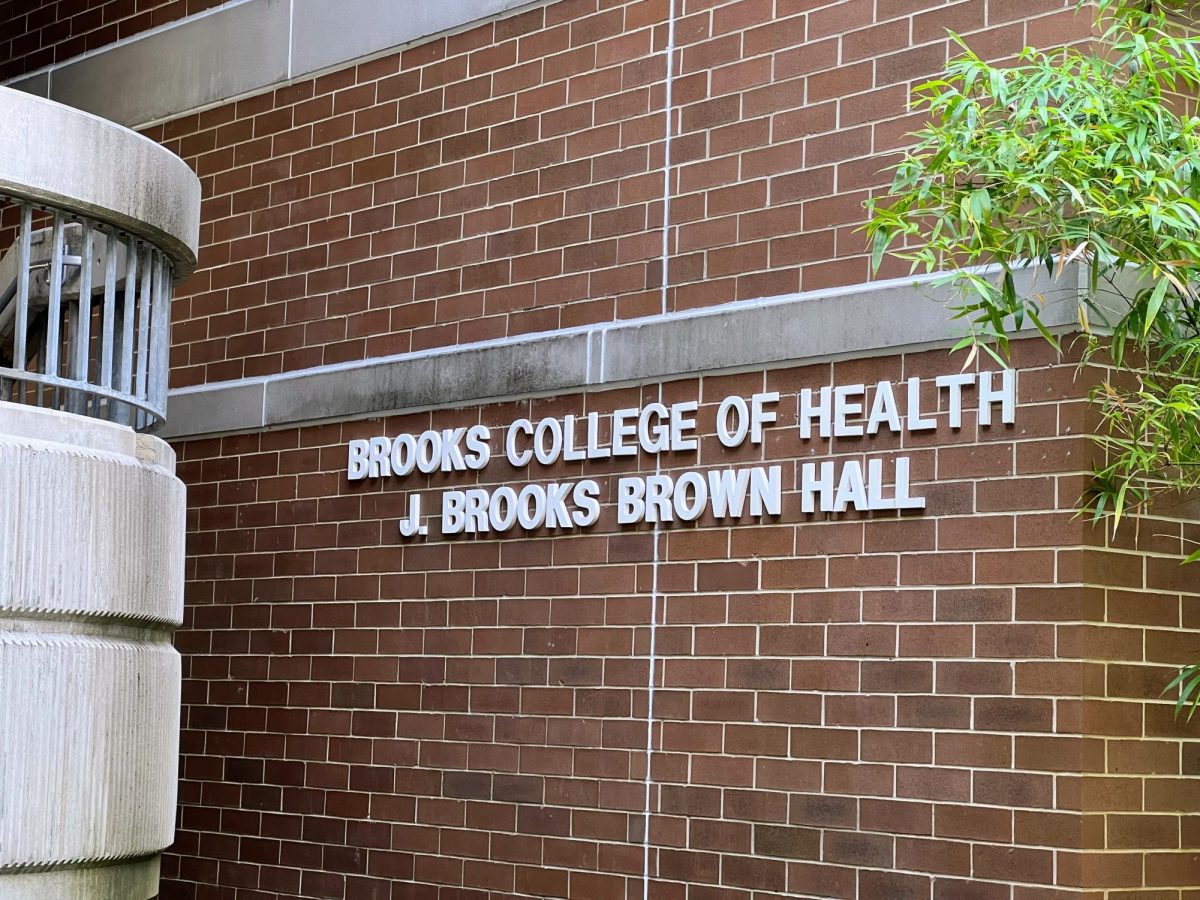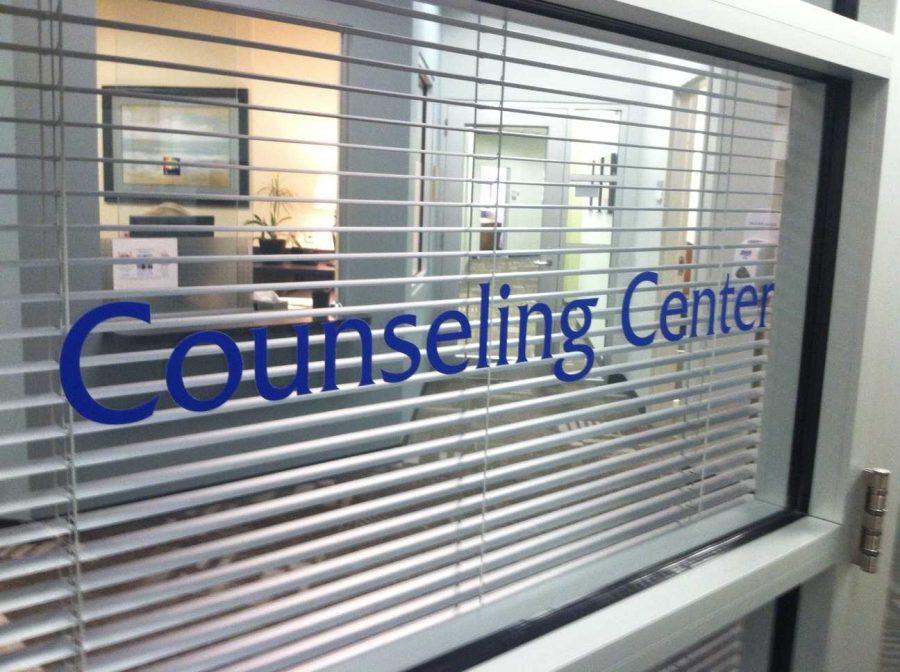With back to back classes and endless assignments, most of us tend to forget about our nutritional needs. By taking some time to think about what you need to eat, you can give college your best academic performance and feel great!
So, how do you know if you’re not eating healthy?
Bad eating habits include not eating enough, eating too much, and consuming too much of one type of food that is high in sugar, fat or salt. These habits risk developing tooth decay, diabetes, high blood pressure, depression and some cancers. Scientific studies also show that there can also be a decrease in physical and academic performance.
Here are some helpful tips and facts to help you consume more wisely:
Make sure your getting your doses of needed vitamins, minerals and staying hydrated. Create a pattern of eating to feel a sense of control over your diet, which will help you manage other things in your life.
Professor Judith Rodriguez from the UNF Department of Nutrition says, “There’s just something psychological about feeling like your out of control with your eating that just kind of ripples out to then feeling like your out of control with other things.”
She also says that students should eat something after you wake. Whether its 7:00 a.m. or 11:00 in the morning when you wake up, you should have something to eat (preferably healthy), even if it’s not a full meal. According to Professor Rodriguez, this will provide energy for the start of your day. If time is an issue, then try planning ahead. Portable snacks and “grab and go” beverages are some ways to stay fueled on the go.
There are many ways that nutrition factors in your overall physical health. Eating certain healthy fats can help with cognitive function, and Vitamins A, C and E have antioxidants that help with the immune system.
“You don’t want to risk being susceptible to colds and flus, especially when you’re in class, in labs and around other people,” said Professor Rodriguez.
You also want to consume complex carbohydrates (oatmeal, brown rice, whole wheat bread), and foods with fiber (broccoli, beans, lintels). Fiber and fluids help with intestinal functions. In today’s world, it’s easy to look up specific foods you should eat for certain vitamins and nutrients.
The fluids we drink also have a significant impact on our body.
Though coffee tastes good and works effectively, too much caffeine can be dangerous and can have side effects like jitters and an irregular heartbeat. If you need a caffeine boost, you should drink tea. It has less caffeine and still gives the same stimulation you need in class. If you are going to drink coffee anyway, you should know that the recommended daily maximum intake of caffeine is 400mg which is less than three cups of coffee.
Establishing a healthy eating pattern, with a combination of healthy foods and beverages, will help maintain sugar levels, energy and improve overall health.
Of course we deserve our potato chips and ice cream nights, and we all love our chocolate chip cookies, but eating them everyday can harm our health and performance. Being healthy doesn’t mean you can’t enjoy a twinkie or two on a weekly basis and that you have to drink only water all the time.
“If you eat healthy five days out of the week, you’ve done pretty good. Don’t make yourself crazy because you had a gigantic bowl of pasta on Saturday night. If your obsessing about food, it’s also not healthy,” Rodriquez said.
If you don’t trust yourself to make a successful food pattern, you can always talk to the local dietitians and nutritionists here at UNF (904-620-5223).
Eating healthy means taking steps to improve your eating habits which can improve your quality of life.
__
For more information or news tips, or if you see an error in this story or have any compliments or concerns, contact editor@unfspinnaker.com.

















Ivan Korostenskij | Jul 13, 2019 at 1:24 pm
An informative, thought provoking, and well-written article! 🙂